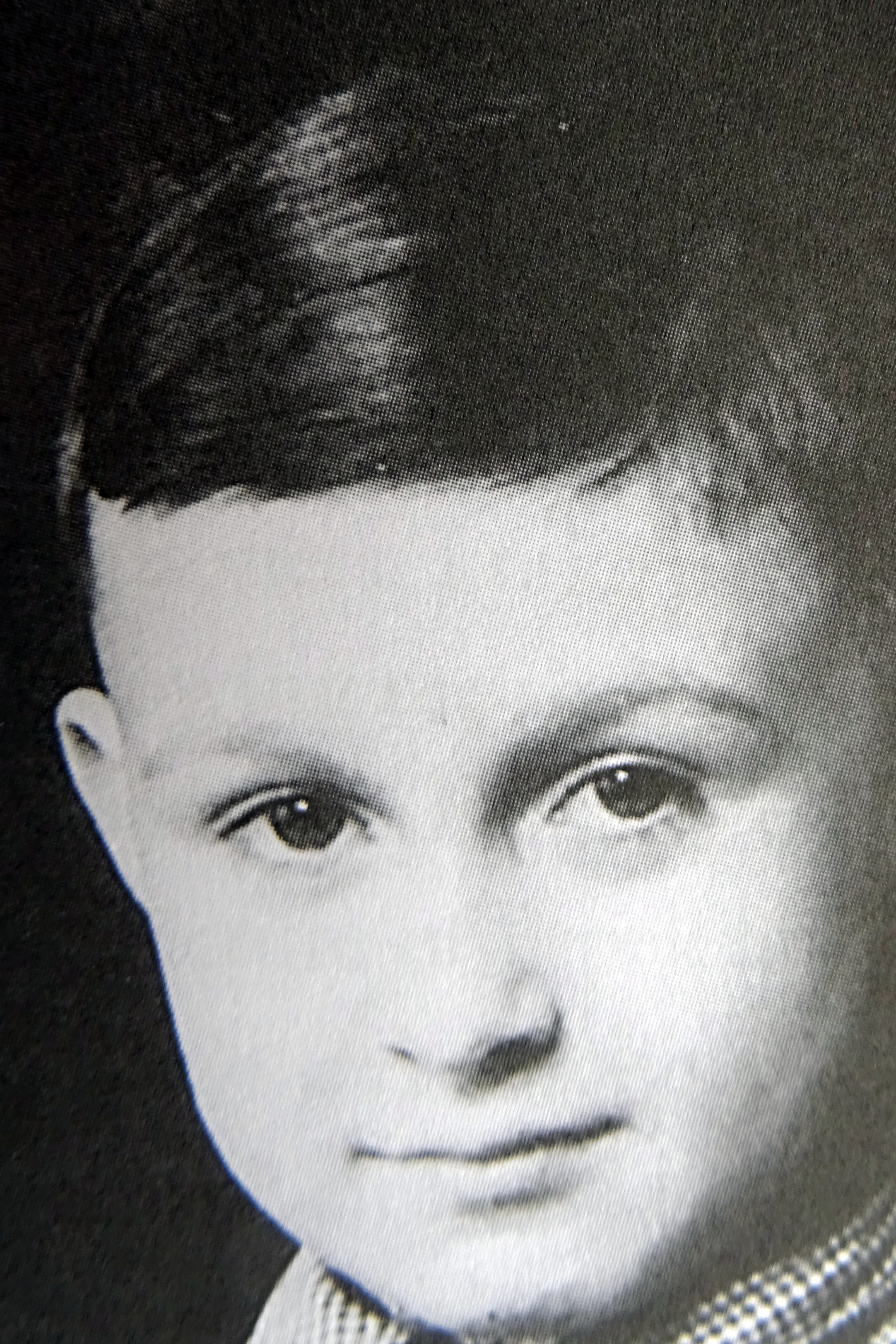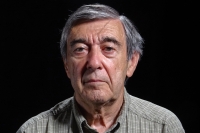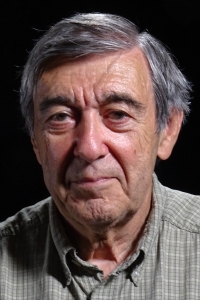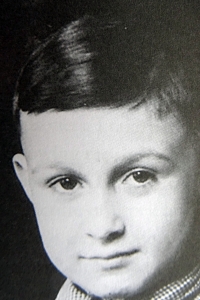Dear God, let me die, but God either did not hear me, or did not exist

Download image
Josef Salomonovič was born on July 1, 1938 into a Jewish family in Ostrava. In November 1941, he and his parents and older brother were deported to the ghetto in Łódži on Nazi-occupied Polish territory. In 1944, they were transferred to Auschwitz and then to the Stutthof concentration camp, where his father was murdered by a phenol injection to heart. At the end of 1944, a transport followed to Dresden, where his mother and brother worked in an ammunition factory. In February 1945, they survived the bombing of Dresden. In April, they escaped from the death march in the West Bohemian borderland, were hidden by a farmer from the village of Brnířov for several days, and then were liberated by the American army. After the war, they returned to Ostrava. Josef graduated from grammar school and mechanical engineering. He worked in the Ostrava smelters and mines and in the Coal Research Institute. In 1971 he married a girl from Vienna and legally moved to Austria. He worked in Vienna as a sales representative for an engineering company. During his visits to Czechoslovakia, he faced pressure to cooperate with the State Security. He was banned from entering Czechoslovakia as an unwanted person for about eight years. In retirement, he began to intensively map the history of the family’s imprisonment in Nazi camps. He talked about the experiences of a child who survived the Holocaust in lectures around the world.


